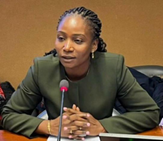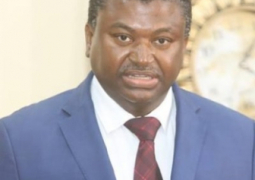
In a historic verdict issued in Case No. ECW/CCJ/APP/16/23, the ECOWAS Court found the Republic of Sierra Leone in breach of its human rights obligations for failing to criminalise female genital mutilation (FGM). The court ruled that this legislative inaction contravenes key provisions of the Maputo Protocol, the African Charter on the Rights and Welfare of the Child, and other international human rights treaties.
According to WILL Founder and CEO, Fatou Baldeh, this ruling is more than a legal victory; it marks a significant moral and cultural shift. “This judgment sends a clear and powerful message: cultural practices cannot be used to justify acts that undermine the dignity, safety, and bodily autonomy of women and girls,” she said.
Baldeh commended the bravery of Ms Kadijatu Allieu, a survivor of FGM, and the civil society organisations whose tireless advocacy brought the case before the ECOWAS Court. Their courage, she said, has helped bring international attention to the ongoing dangers of FGM and the urgent need for legal protections.
The timing of this decision is especially significant for The Gambia, where the Supreme Court is currently deliberating on a constitutional case challenging the Women’s (Amendment) Act 2015, which bans FGM. Baldeh noted that the ECOWAS ruling reinforces the legitimacy and necessity of such laws.
“This judgment serves as a critical regional precedent, and should guide The Gambia’s Supreme Court in interpreting constitutional protections,” she advised, saying: “The ruling confirms that states not only have the right but the obligation to enact and enforce laws against FGM and other forms of gender-based violence.”





